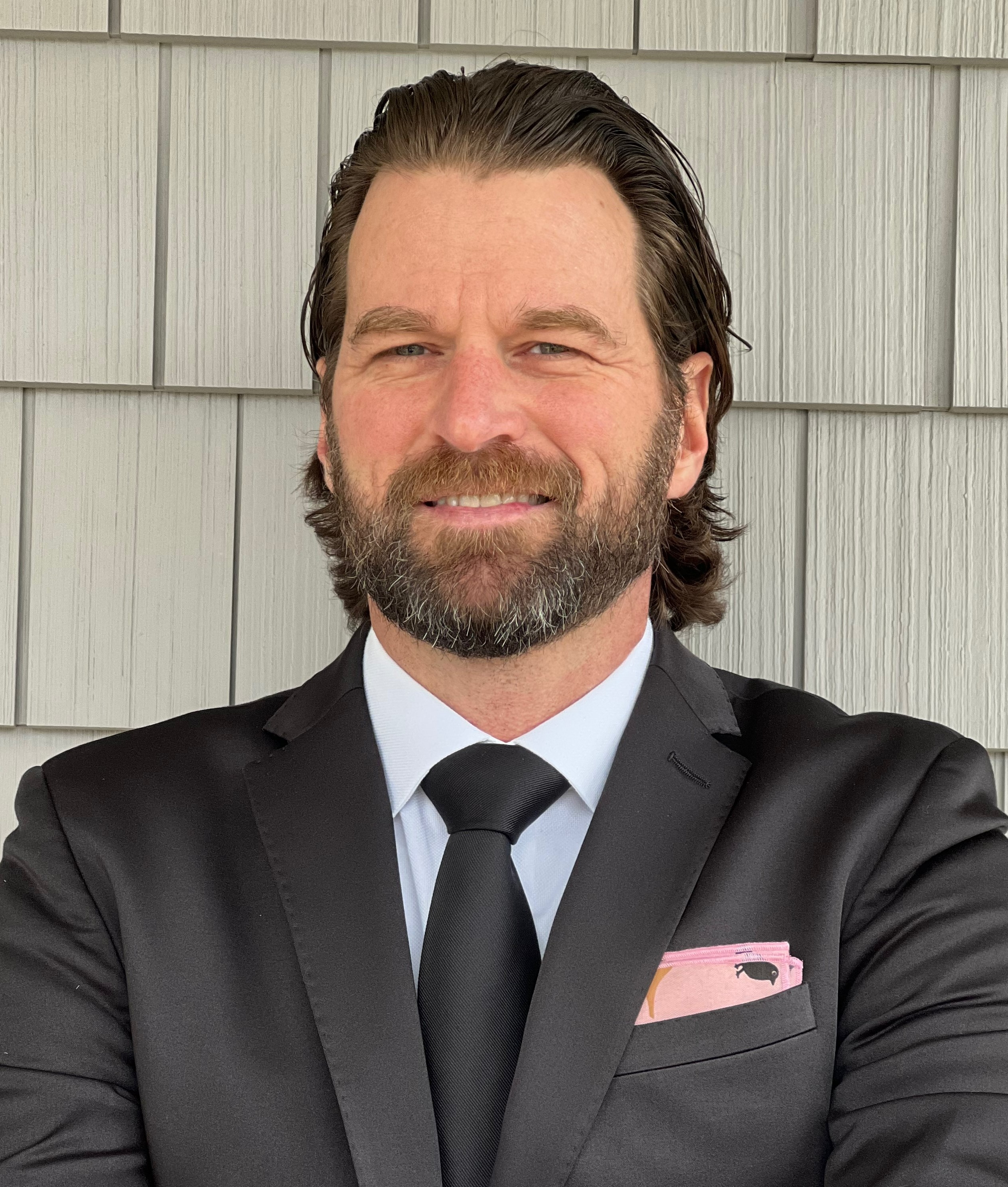Member Feature: Greg Johnston
Print this Article | Send to Colleague
 |
|
| Greg Johnston, Director of Terminal Operations, Colonial Pipeline Terminals |
In 1996, Greg Johnston graduated with an associate’s degree in criminal justice and was on the path to pursue a career in the Air Force.
“A close friend of mine that worked in the terminal industry told me he didn’t think I should join military just yet, because I would love what he was doing,” Johnston recalled. “He asked me to give him two weeks and if he did not have a job for me with the company he worked for, I could then go and join the Air Force.”
Needless to say, that friend secured a job for Johnston and he’s been in the business of petroleum terminals ever since.
Today, as Director of Terminal Operations for Colonial Pipeline Terminals, Johnston has been afforded the opportunity to meet many amazing people all over the country, something he says is one of the best parts of the job.
“I have had the privilege to work alongside some of the smartest and kindest people on this planet in a job that is never dull, offering opportunities to use my brain and my hands,” Johnston explained. “I also feel a deep connection to our country’s history and how it was built during the industrial age to meet an important need and it’s still just as relevant now. I also like how this business touches just about everyone, whether they realize it or not.”
Johnston has certainly seen how the industry has grown and evolved throughout his career.
“When I started, it used to be that only the large oil companies were in the terminals business. Since then, I have seen tremendous market entry by new, smaller companies that have acquired them,” Johnston said, explaining that new players offer more competition, a more diverse workforce, and more opportunities to continue to change the future of the business.
“We have gone through some pretty big changes in operating systems and the technology around communication and data sharing. Having more players in the industry drives change and competition, ultimately making it better for everyone.”
Having more players in the industry also means encouraging more people to pursue careers in the liquid terminals industry. Johnston emphasizes to those considering entering the industry that the terminal business needs all types of people, with all types of experience and knowledge.
“You don’t have to be interested in tanks, pumps, and pipes to be successful in the terminal business,” he said. “You can be a geologist, a program developer, or a data analyst. The list goes on and on of the jobs that are available in this business.”
For those just getting started in their careers, Johnston recommends taking advantage of every opportunity to learn — no matter how mundane or out of your normal work area you think something might be.
“I was able to learn so much during my career because I always wanted to know more. I just didn’t think I was limited to operations when I could also learn about commercial affairs, safety, and environmental,” he said. “Ultimately, they all work together, so your experience in other parts of the business will always make you more marketable. Never think you are limited to one part of the business.”
In addition to his work at Colonial Pipeline Terminals, Johnston belongs to Tiny Hero, a nonprofit organization that helps families with children born with Congenital Diaphragmatic Hernias (CDH) find the best care, a supportive community, and a hope-filled future.
“I am currently assisting in organizing 5k and 10k races across the country to raise money in order to help families dealing with a CDH diagnosis,” Johnston said. “Our tagline is ‘Real Hope for CDH.’ The money raised helps defer the costs associated with medical care, including transporting and relocating families to meet with Dr. Kays, a specialist at Johns Hopkins All Children’s Hospital in Tampa, Florida.”
Throughout all of his professional and philanthropic involvement, Johnston also spends as much time as he can with his family.
“We love to be outdoors riding our bikes, running, and playing golf,” he said, noting his love for running. “I travel a lot for work, so I always seem to find a new spot to run and a new colleague to run with. I’ve built some strong relationships with business partners that I have asked to go on a run with me. It’s funny because it’s definitely part of my personal life that has made its way into my professional life, and I’m really glad it has.”
Courtesy of ILTA.

